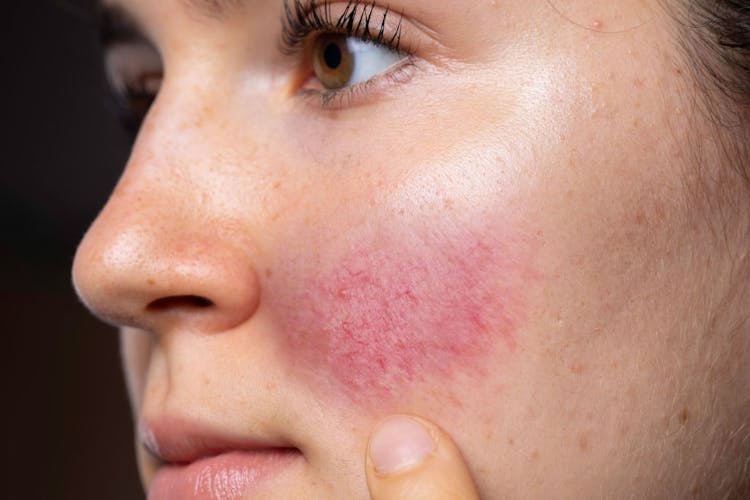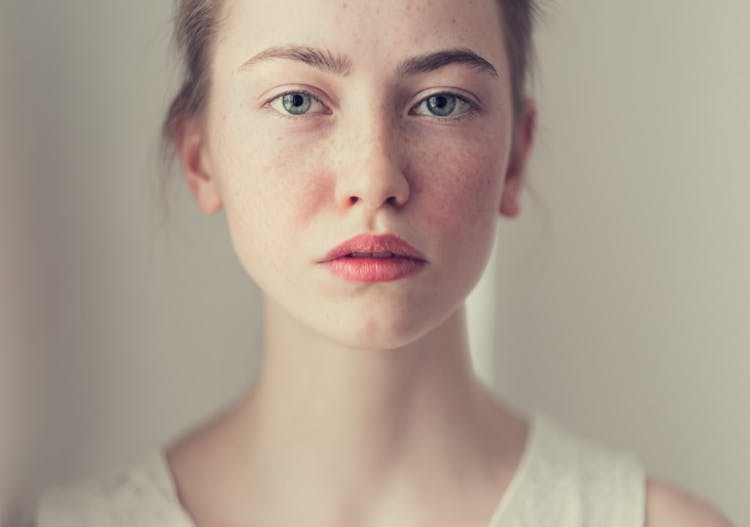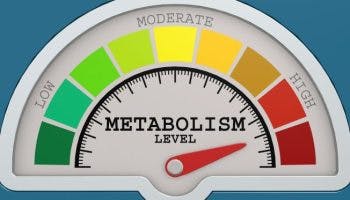Here’s What Your Skin Complexion Reveals About Your Health
Published | 4 min read
If you want to know how healthy you are internally, look no further than your skin complexion. Here's what yours says about your health.

Skin complexion is an important part of your internal health. Vibrant, smooth, and clear skin are signs that you’re doing the right things to nourish your body from within.
In Traditional Chinese Medicine (TCM), your skin complexion is indicative of different health conditions that can’t be covered by makeup.
“A faint mix of red and yellow or brown indicates good health. A healthy complexion will also have a sense of brightness and moisture.”
TCM Physician Tjai Kang Jie
Read on to learn more about what your skin complexion says about your health and how to get a glowing, vibrant complexion.
5 Skin Complexion That Indicate Health Problems
Here are 5 illness-related skin complexions and their corresponding TCM syndromes. Physician Tjai also shares potential herbal formulas to take that you can discuss with your TCM practitioner.
Do keep in mind that this diagnostic tool is used in conjunction with other TCM diagnostic frameworks and never alone. Also, we’re not referring to skin complexion in terms of natural melanin content, which is decided by your genetics.
1. Red

Some people may consider red, flushed cheeks to be a sign of health, but TCM says otherwise. Redness signals that you have too much Heat or have a Yin (cool) Deficiency.
You may notice that your face gets red when you have a fever or a cold. Too much Heat or not enough yin gives you a flushed appearance.
Herbal recommendations:
- Bai Hu Soup: Dispels excess Heat.
- Zhi Bai Di Huang Wan: Replenishes Kidney yin if the Heat arises from a Kidney Yin Deficiency.
- Qing Liang Heat Clearing tea: Reduces excess body Heat and nourishes the Liver
2. Yellow
A yellowish hue to your skin indicates that something is off with your Spleen, causing Dampness to accumulate.
In TCM, Spleen Deficiencies often lead to overall system sluggishness referred to as “Damp” or “Dampness.”
For example, when bile builds up excessively in your digestive system, you may develop jaundice, which makes your skin yellow.
Herbal recommendations:
- Er Chen soup: Dries Dampness and phlegm.
- Shen Ling Bai Zu powder: Strengthens Spleen qi (vital life force) to treat and/or prevent Dampness.
- Qu Shi tea: Removes excess water in the body and nourishes the Spleen.
3. Purple
A sickly purple hue in the skin indicates Blood Stasis. Just like how bruises are purple, this is a sign of stagnated blood. If you notice you also have purple menstrual blood clots, it’s a sign that you may have Blood Stasis.
Herbal recommendation:
- Xue Fu Zhu Yu soup: Helps with blood flow and removes Stasis.
- Bak Foong pills: Improve a weak body constitution, help with restoring body balance, and reduce period pain.
4. Grey
If your skin seems to have a veneer of grey heading towards black, your Kidneys may be in trouble. Your Kidneys are critical to your metabolism of water.
A dark hue in your skin heading to black indicates possible excess Cold and water. This leads to fluid accumulation and Blood Stasis.
Herbal recommendations:
- Liu Wei Di Huang Wan: Nourishes Kidney yin.
- Li Zhong soup: Warms the body and helps dispel Cold in cold syndromes.
5. White or pale

Having a pale white skin complexion is generally a sign of Deficiency. These include Qi, Blood, or Yang Deficiencies. You might notice that someone who has lost a lot of blood will appear pale.
Herbal recommendation:
- Ba Zhen soup: Replenishes qi and blood.
- Li Zhong soup: Suitable for Cold syndromes, as it warms the interior and dispels Cold.
- Si Ni soup: For syndromes with blood loss and diminishing qi, as it warms you from within and retains qi.
Many of these herbal formulas have been studied for their efficacy. Research finds that the Ba Zhen Tang formula delays photo-aging by fighting oxidative stress.
Similarly, Li Zhong Tang is another antioxidant powerhouse that promotes gastrointestinal health.
Tips To Improve Your Skin Complexion
In addition to herbal therapy to correct your body’s disharmonies, Physician Tjai’s advice is to heed the usual suspects in terms of lifestyle habits:
- Regular exercise
- Enough sleep
- A nutritious diet
- Sufficient hydration
- Maintaining good mental health
- A skincare regimen that suits your skin type
TCM also offers other treatments to keep your health in check, such as gua sha, acupuncture, moxibustion, tuina massage, cupping, and Qigong.
Your exterior beauty is just a reflection of internal health. One of the best ways to ensure you’re in good shape is to treat your body well, which will reflect in radiant, healthy skin complexion.
What does your skin complexion say about you? If you’ve tried any of the above tips, let us know in the comments below.
References
- TCMBasics.com. Inspection.
- BioMed Research International. 2014. Qualitative and Quantitative Analysis for Facial Complexion in Traditional Chinese Medicine.
- Evidence-Based Complementary and Alternative Medicine. 2013. Bai-Hu-Tang, Ancient Chinese Medicine Formula, May Provide a New Complementary Treatment Option for Sepsis.
- Clinical, Cosmetic, and Investigational Dermatology. 2022. Mechanism of Ba Zhen Tang Delaying Skin Photoaging Based on Network Pharmacology and Molecular Docking.
- Journal of Ethnopharmacology. 2020. Traditional Chinese Medicine Li-Zhong-Tang accelerates the healing of indomethacin-induced gastric ulcers in rats by affecting TLR-2/MyD88 signaling pathway.
Share this article on






